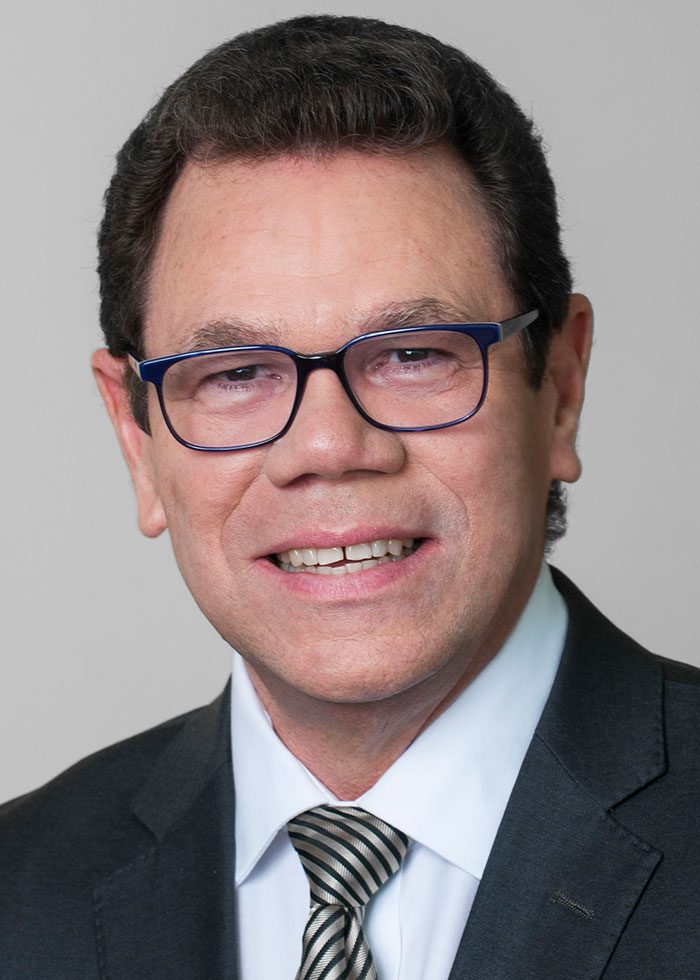The Caribbean Development Bank (CDB) is now an accredited partner institution of the Green Climate Fund(GCF). Through the accreditation, CDB now has better access to funding to support low-emission and climate-resilient programmes and projects in its Borrowing Member Countries (BMCs).
“As an accredited partner institution of the GCF, CDB has the opportunity to mobilise and improve the flow of resources to its BMCs to tackle the pressing challenges of climate change. This accreditation will help us build on the work CDB is already doing to help communities across the Caribbean improve their resilience to natural hazards, reduce their electricity bills through the adoption of green energy solutions, and accelerate economic and social development across our Region,” said Dr. William Warren Smith, President, CDB.
As part of the accreditation process, CDB was assessed on a range of criteria against the standards of the GCF. The Fund examined the Bank’s policies, procedures, track record, and capacity to undertake projects and programmes using various financial instruments. In addition, the assessment evaluated CDB’s capacity to manage environmental and social risks and gender concerns.
The GCF was created by the United Nations Framework Convention on Climate Change in 2010, and is a leader in the global response to climate change. The Fund places particular focus on the needs of societies that are highly vulnerable to the effects of climate change, including Small Island Developing States.
The announcement of CDB’s accreditation by the GCF was made earlier this month at the 14th meeting of the Fund in Songdo, Republic of Korea, where it is headquartered. This follows CDB’s accreditation by the Adaptation Fund (AF) in May 2016, which also improved the Bank’s access to resources to address climate change and mitigate the impact on its BMCs.
Partnerships with institutions like the AF and the GCF help CDB accelerate progress on meeting the targets articulated in its Climate Resilience Strategy. One of these targets is assisting BMCs and regional institutions to mobilise financing and implement strategies, which enable BMCs to achieve their sustainable development objectives.






